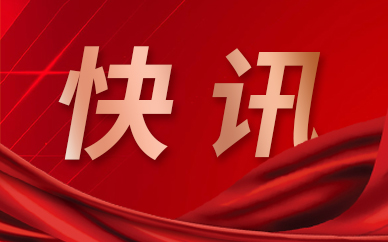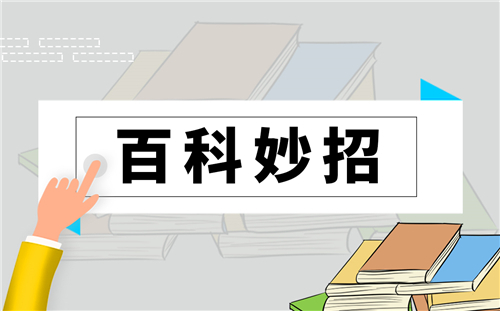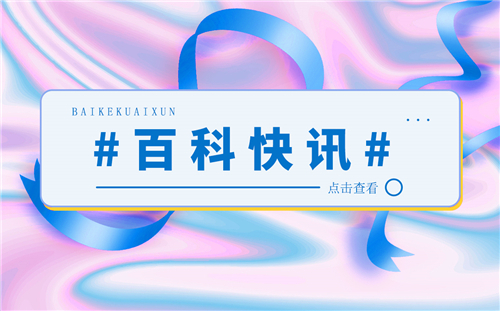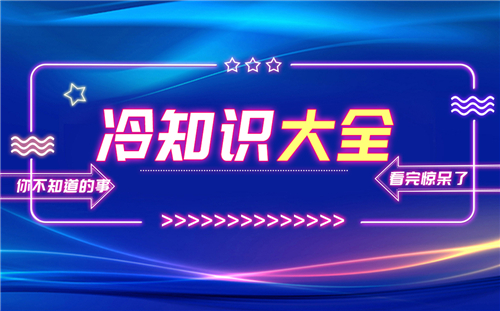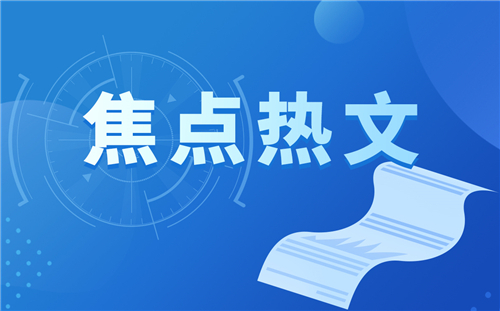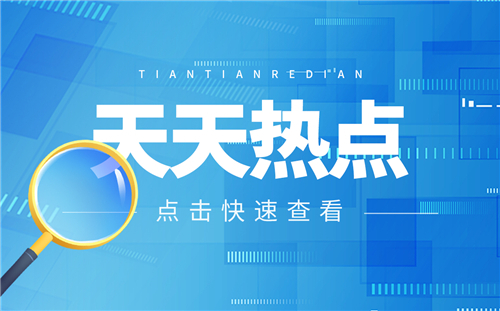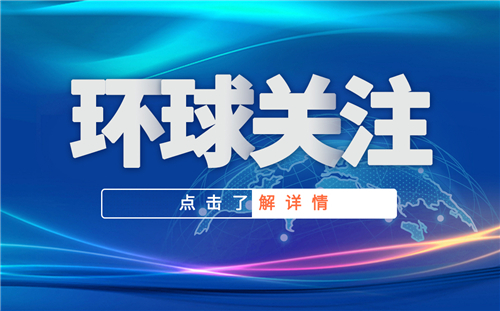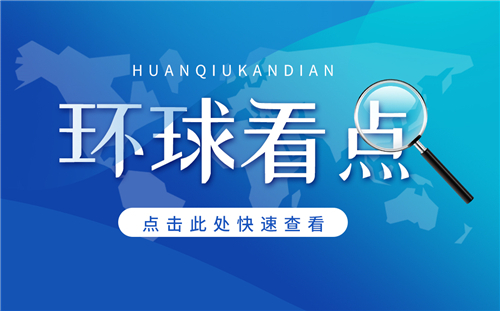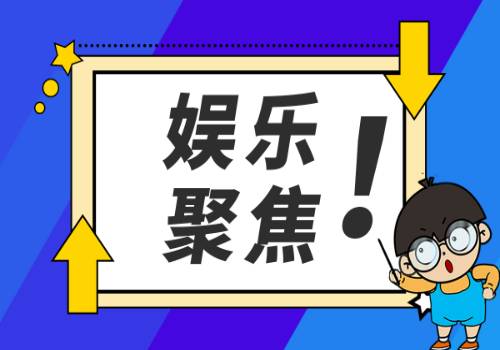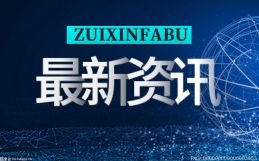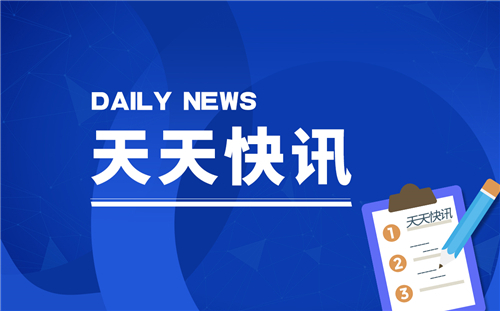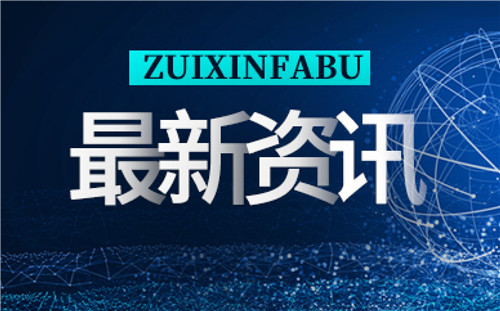This photo taken on Dec 8, 2022 shows the US Capitol building in Washington, DC, the United States. [Photo/Xinhua]
It"s highly provocative and inconsistent with the one-China policy for the US administration to allow Taiwan leader Tsai Ing-wen to transit through the US on her way to the Central American countries of Guatemala and Belize. Tsai"s scheduled meeting with House of Representatives Speaker Kevin McCarthy in Los Angeles is even more provocative, except it"s better than former House speaker Nancy Pelosi"s reckless visit to Taiwan in August 2022.
 (资料图)
(资料图)
We saw the one-China policy being eroded by the Barack Obama administration with its so-called pivot to Asia strategy, which in my opinion was really a pivot against China. That policy is continuing under the Joe Biden administration. Biden was the US vice-president during the Obama administration, for which many of his top foreign affairs and defense officials also worked. So we"re seeing a continuation of the Obama administration"s policy against China.
This should not have been the case between our two countries. We should pursue the one-China policy going back to the times of former president Richard Nixon and former secretary of state Henry Kissinger and the Shanghai Communique. It"s very unfortunate that the US is not seriously adhering to the Shanghai Communique.
Rather than wind down the provision of advanced technological military assistance to Taiwan, the US has done the exact opposite, which is using Taiwan as a cat"s paw against Beijing. Also, the US seems to be encouraging "Taiwan independence" — seeking forces such as Tsai. This is a very dangerous move which should be stopped.
Instead, the US should adhere to the one-China policy and the Shanghai Communique. What the US should do is to welcome visits to the Chinese mainland by leaders such as former Taiwan leader Ma Ying-jeou, because they have the potential to normalize the situation across the Taiwan Straits and promote regional development.
Some US lawmakers are invoking the Taiwan Relations Act to supersede the three Sino-US joint communiques. But under international law, the Shanghai Communique should prevail over the Taiwan Relations Act. At best, the Taiwan Relations Act should be interpreted in accordance with the three Sino-US communiques. Unfortunately, that is not what is happening.
Abiding by the three Sino-US communiques and adhering to the one-China policy should be the basis of Sino-US relations because, as the communiques say, there is only one China and Taiwan is part of China.
The US administration often uses "separation of powers" as an excuse to claim it has no authority to intervene in congressional action, for example, it can"t prevent House Speaker McCarthy from meeting with Tsai.
That may be true. But the original sin is allowing Tsai to transit through the US. The administration certainly knew her itinerary included a meeting with the House speaker. Why did it make arrangement for it in the first place and, on top of that, facilitate Tsai"s meeting with McCarthy?
Washington pledged in the Joint Communique on the Establishment of Diplomatic Relations between the People"s Republic of China and the United States of America that: "The United States of America recognizes the Government of the People"s Republic of China as the sole legal Government of China. Within this context, the people of the United States will maintain cultural, commercial, and other unofficial relations with the people of Taiwan."
But some US politicians refer to a paragraph in the joint communique, "The Government of the United States of America acknowledges the Chinese position that there is but one China and Taiwan is part of China", to claim it is the Chinese position that there is but one China and Taiwan is an integral part of China, and the US merely admits the existence of the Chinese position.
Despite the word game the US officials are playing, claiming that the word "acknowledge" means that Washington "knows" Beijing"s position on Taiwan, rather than "recognizes" Taiwan as part of China, I don"t believe that that is a valid interpretation. Read the document under the Vienna Convention on the Law of Treaties, which says agreements and treaties have to be interpreted in good faith and in accordance with its language. I don"t believe this is a goodfaith interpretation of the communique.
China has strongly opposed Tsai"s transit through the US and vowed to take countermeasures against Taiwan, especially against "pro-independence" forces, as well as the US.
Tsai"s stopovers in the US and her meeting with McCarthy are actions that challenge the one-China policy and not supported by international law. They are extremely dangerous.






















